The coffee bush that concealed the forest #2
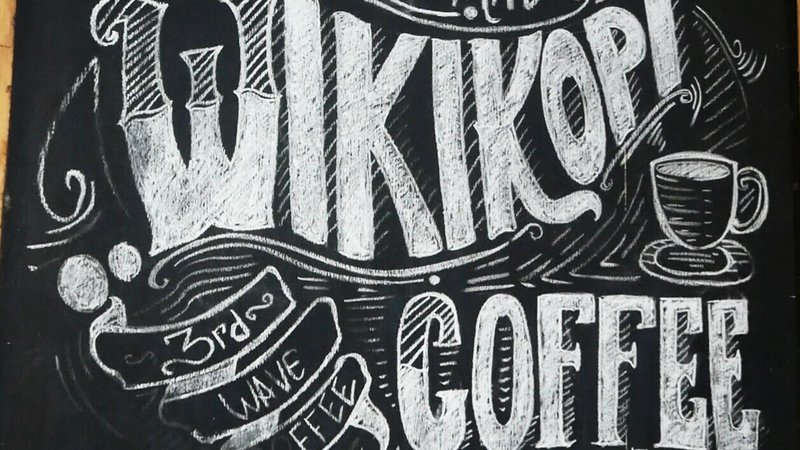
Following our series The Coffee Bush that Concealed the Forest.
This time we're heading to the city of Yogyakarta in Central Java, Indonesia.
We meet with Russelin & Tauhid from the project Wikikopi at the Antologi Collaborative Space.
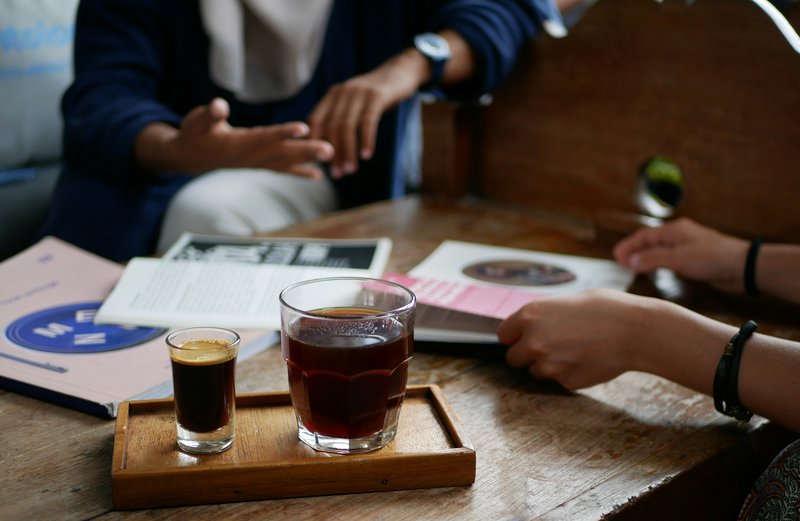
After being served a nice brew and espresso, we start with the introduction of the project Wikikopi, a cooperative school dedicated to education about business and coffee
Tauhid, one of the founder, explains us that their main concern when they started, was actually Education, not coffee.
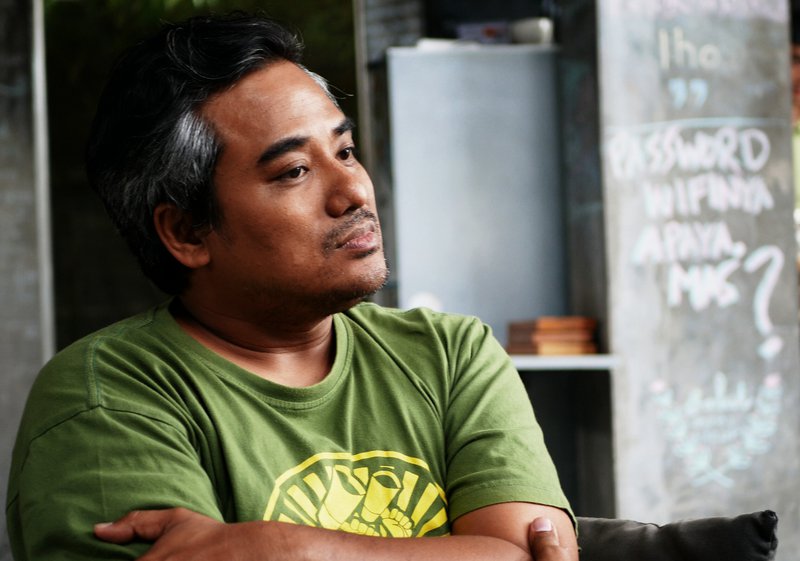
Based on the observation that there was a great lack of efficient educational proposals with more and more young people being lost in our over-connected society, they started to think of a way to offer them an alternative.
An alternative based on the development of soft skills and on collaboration to develop sustainable projects for Indonesia and its people.
It sounds ambitious, right? But surely not unrealistic!
"Farmers are the guardians of the ecology"
To reach this objective, they needed to find the right ambit to start working concretely.
That's how they entered into farming and into coffee.
Why coffee farming exactly? Because "farmers are the guardians of the ecology", says Russelin.
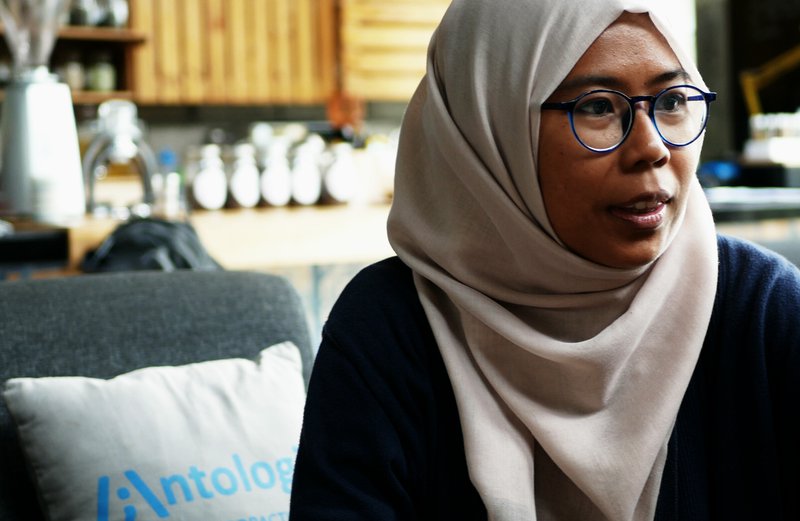
Indonesia still has a very important agricultural sector.
Thanks to its diversity of terroir from Sumatra to Papua, many crops can grow: rice, coco, cocoa, coffee, so many tropical fruits, cassava, vegetables, nuts etc...
Indonesia would have the capacity to produce food to cover its own consumption.
But instead, it is exported to get higher revenues and the same products processed are somewhere in the world and then imported again. Because it's cheaper than doing it by themselves...
Take coffee for instance. Indonesia is one of the most important coffee producers in the world and yet... they're importing low quality robusta from Vietnam to produce low quality instant coffee and instant milk beverage that are consumed every day by a large majority of the population.
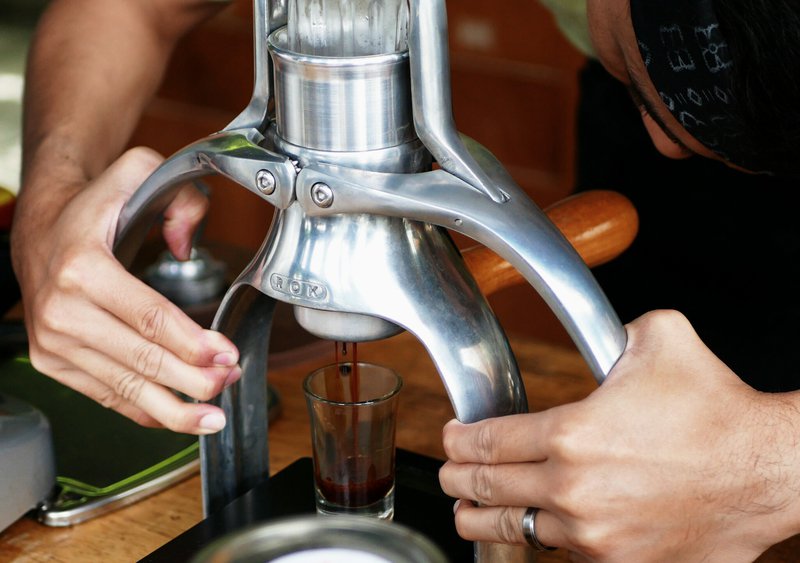
But does the high democratisation of coffee consuming necessarily has to imply a high dependency on importations and waiving of food sovereignty? Wouldn't it be possible to make it differently?
That's what Wikikopi is trying to do, focusing on coffee farming as it is growing in the highlands (arabica) and lowlands (robusta) all over the country and because, the coffee industry involves a lot of people.
"If we do something, it's better to do it together."
Little by little through their innovative educative system, they have managed to cover the whole value chain. On the upstream part (the production and processing), they have supported the structuration of the sector into cooperatives and achieved to improve the quality and productivity of the coffee. While on the downstream side, they have fostered the development of an internal market providing both management and technical skills for different activities of the coffee sector.
Why choosing the model of cooperative?
"Because if we do something, it's better to do it together"
It's as simple as that.
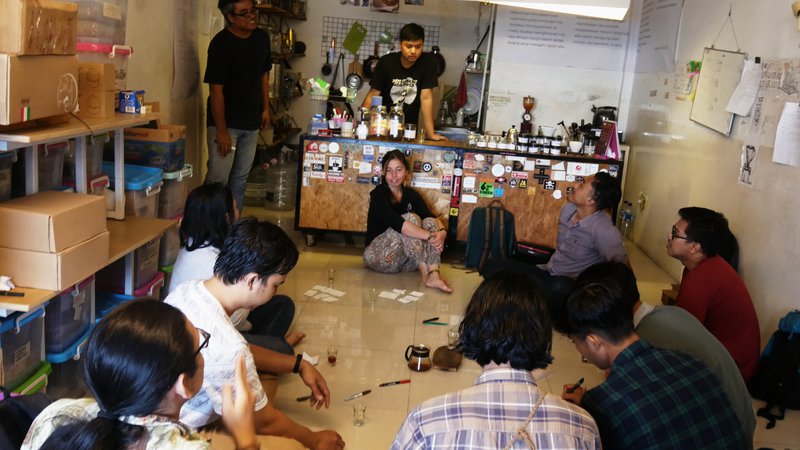
People who have passed through their trainings can now be found as leaders of coffee cooperatives, roasters or coffee shops owners.
Some children of coffee farmers have participated to the WIkikopi residency.
"They learn from us and then they can teach to their parents producers. It's spreading faster this way."
It's a way to cover the whole value chain. And with a focus put on the quality at all levels, they manage to build up a mature market to absorb the production. As a result, so far their whole production is consumed internally and at better price than what export is offering.
Hence, coffee has demonstrated to be a very adequate tool to implement educative programme. And Education on the other hand appears to be an efficient way to improve the conditions of the coffee sector.
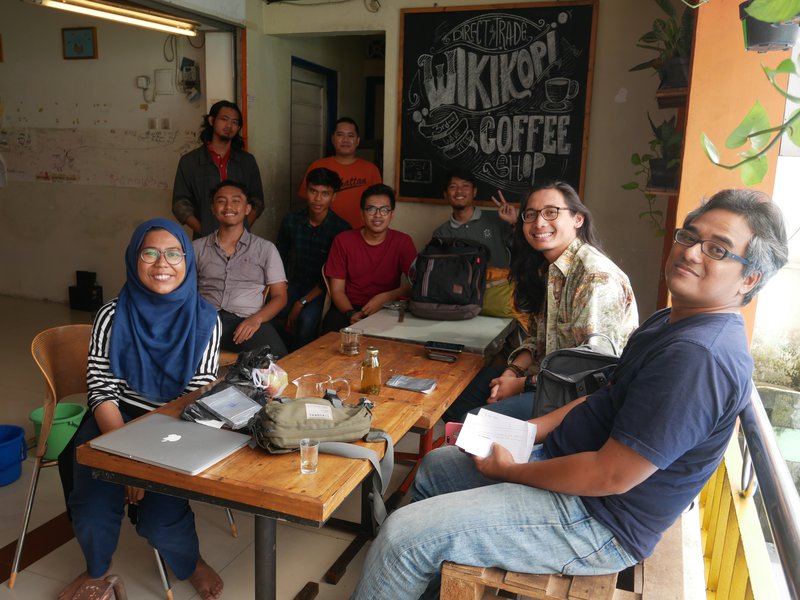
Could the same paradigm serve as a model of development for other commodities?

 Indonesia
Indonesia Colombia
Colombia Ethiopia
Ethiopia Guatemala
Guatemala Kenya
Kenya Mexico
Mexico Philippines
Philippines Tanzania
Tanzania Uganda
Uganda